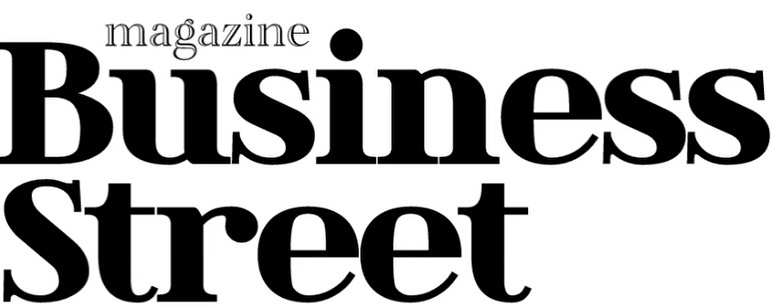Establishing a culture of constructive feedback can help against negative structures.
In the business world, we increasingly encounter a particular form of self-aggrandizement: narcissism. What may superficially appear as excessive self-confidence often reveals itself upon closer examination to be a profound problem that can cause lasting damage to companies. While healthy self-assurance is certainly desirable, pathological narcissism crosses an invisible line and becomes a burden for all involved.
Experts distinguish between two manifestations: grandiose and vulnerable narcissism. The grandiose narcissist presents as self-confident and charismatic but tends toward exaggerated attention-seeking, dominant behavior, and the instrumentalization of others. Their vulnerable counterpart appears more reserved at first glance but proves overly sensitive to criticism and prone to passive-aggressive reactions. Both types, however, share a lack of empathy and a tendency to use other people for their own goals.
In business, narcissistic behavior manifests through various characteristics: Those affected often portray themselves as infallible experts, struggle to accept criticism, and tend to claim others' successes as their own. Simultaneously, they react hypersensitively to perceived slights and frequently show little interest in the needs or ideas of their colleagues. These behavioral patterns can have particularly devastating effects in leadership positions.
The consequences for the work environment are diverse and severe: Teams often develop a toxic dynamic that stifles creative exchange and innovation. Employees withdraw, turnover increases, and in the long term, even the economic performance of departments or entire companies suffers. Studies show that narcissistic leaders often make riskier decisions and underestimate operational risks—seduced by their inflated self-image.
When dealing with narcissistic colleagues or supervisors, experts recommend various strategies: Setting clear boundaries, remaining objective during manipulation attempts, and meticulously documenting one's own achievements can help with self-protection. At the same time, feedback should be given in a respectful yet unambiguous manner. In severe cases, it may be necessary to seek support from HR departments or higher levels of management.
Companies themselves can prevent narcissistic tendencies by establishing a culture of constructive feedback, creating performance systems that reward team successes, and investing in leadership development that promotes self-reflective behavior. Clear ethical guidelines and values that sanction self-centered behavior can also help identify problematic dynamics at an early stage.
Ultimately, the goal is not to pathologize every display of self-confidence. What matters is striking a balance between healthy self-assurance and the ability to appreciate others, listen, and continue learning. In a working world increasingly demanding empathetic leadership and collaboration, narcissistic behavior becomes a career obstacle—for individuals and entire organizations alike. The challenge lies in creating an environment that fosters self-confidence without rewarding self-centered behavior.
MK
